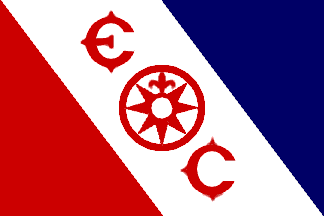Reflections Off the Grid: Exploration Newsletter – Third Quarter, 2024
The Northern Canadian Portion of the Inside Passage & The Heart of the Kwakwaka’wakw Culture
Dear Adventurers, Explorers and Culture Seekers,
I am thrilled to share with you the highlights from my latest exploration, my third foray into the Inside Passage, a journey into the northern Canadian portion. This remarkable trip led me through the awe-inspiring Johnstone Strait, Broughton Sound, and Knights Inlet, immersing myself in both the natural beauty of this remote section of the passage and the rich cultural heritage of the Kwakwaka’wakw First Nation (Kwakiutl).

Into the Wild: A Symphony of Wildlife the Inside Passage is nothing short of a natural wonder, where the ocean meets towering forests, and wildlife thrives in its pristine environment. As I ventured through this wild landscape, the encounters with marine and land creatures were nothing short of magical.
A particularly stunning moment came when I had the privilege of observing Humpback whales gracefully breaching the waters of Johnstone Strait. Not far off, a pod of Orcas moved with deliberate power, their black-and-white forms slicing through the sea. Sea otters floated lazily in the kelp, while bald eagles soared overhead, ever watchful from their perches. In the rainforest, I was fortunate enough to spot Grizzly bears, roaming the water’s edge foraging for Salmon or other tasty morsels. Sea Lions were basking in the sun but warned me to stay away as my kayak got a wee bit too close.
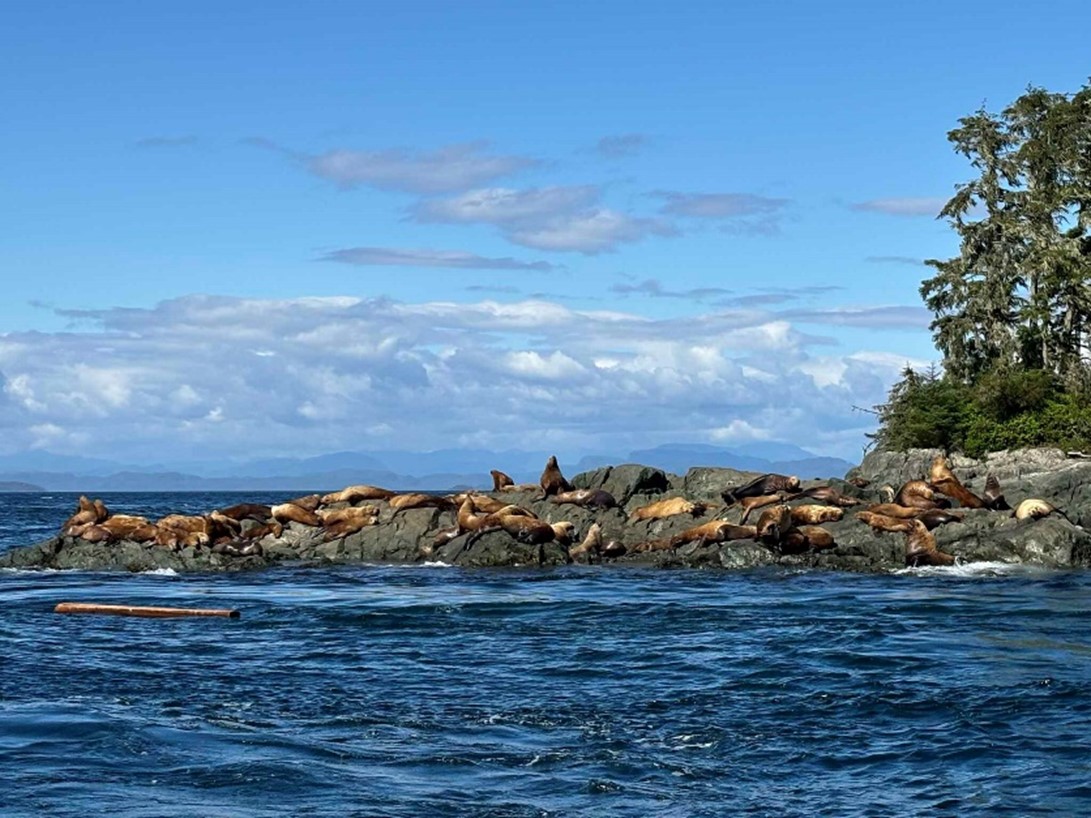
A Cultural Immersion: Connecting with the Kwakwaka’wakw First Nation As an ethnographer of North American Indigenous cultures, one of the most enriching parts of this journey was my immersion in the culture of the Kwakwaka’wakw First Nation. I was deeply moved by the opportunity to meet Calvin Hunt, a world-renowned artist, at his studio. His work—steeped in tradition and depicting the stories of his people—was a testament to the strength and resilience of the Kwakwaka’wakw culture.

I was also privileged to meet several tribal elders and activists, whose wisdom and stories shared a deeper connection to the land and waters we were exploring. Our discussions on the history, language, and traditions of the Kwakwaka’wakw people left me in awe of the richness of their heritage.
A special moment of the trip was my visit to the U’mista Cultural Centre, where I had the opportunity to tour the center and view their exhibitions. The center’s collection of totem poles, masks, and other artifacts provided a powerful glimpse into the spiritual and cultural life of the Kwakwaka’wakw. The deep respect for nature and the connection to their ancestors were palpable in every artifact.
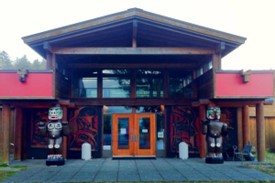
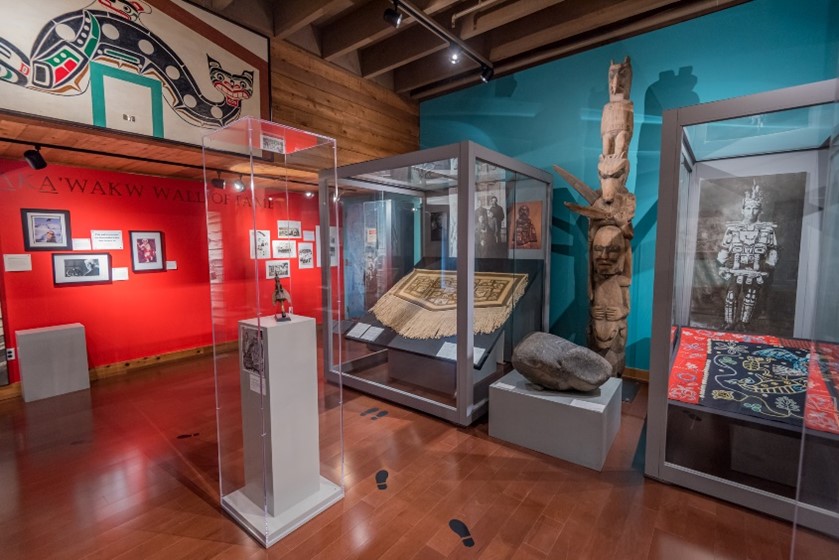
The Great Bear Rainforest: A Journey into the Wild One of the most transformative experiences was my journey into the Great Bear Rainforest. For the last couple of years, inspired by Susan Conrad, I have helped support, through the non-profit Pacific Wild, a leading voice for Wildlife Conservation in the Great Bear Rainforest and beyond. This untouched wilderness is often referred to as the “lungs of the planet.” The rainforest is a haven for both wildlife and indigenous culture. As we traversed by its misty, dense woods, I felt an overwhelming sense of awe and reverence for this ancient ecosystem. The air was thick with the scent of pine, and the quiet was broken only by the occasional call of a bird or the rustle of a bear on the coastline.
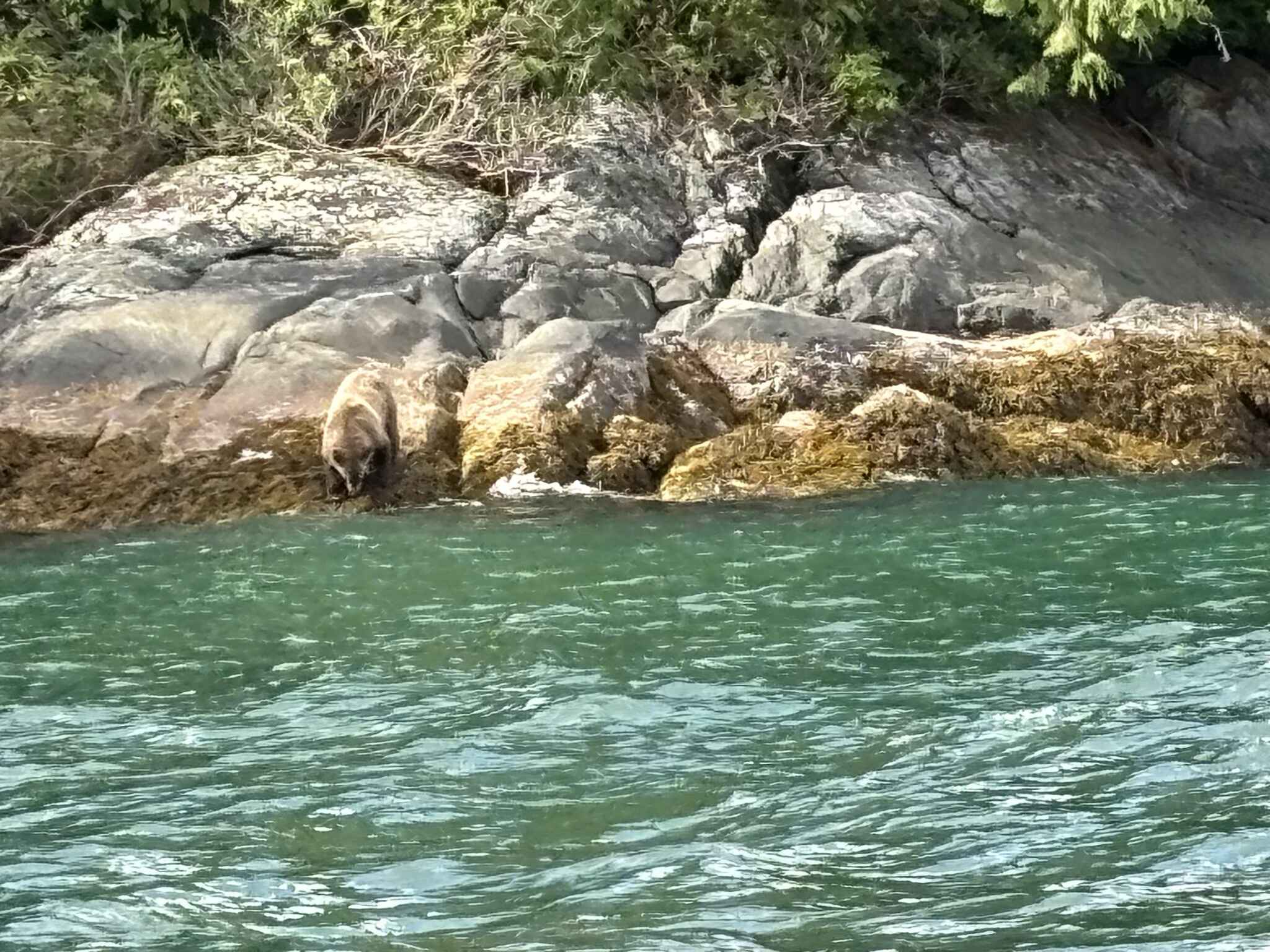
Reflection: A Journey that Transcends Boundaries This trip was more than just an exploration of the natural world; it was a journey into the heart of an ancient culture. The stories and traditions shared with me, combined with the incredible wildlife sightings, have left an indelible mark on my soul. I left the northern Canadian portion of the Inside Passage with a greater understanding of the land, the people, and the delicate balance that sustains this extraordinary place.
Thank you for accompanying me on this adventure. I hope the stories and experiences I’ve shared inspire you to explore the uncharted corners of the world, not only for the beauty of the landscapes but also for the cultures that they call home.
Until next time,
Bob Rein, MN’24
The Explorers Club
